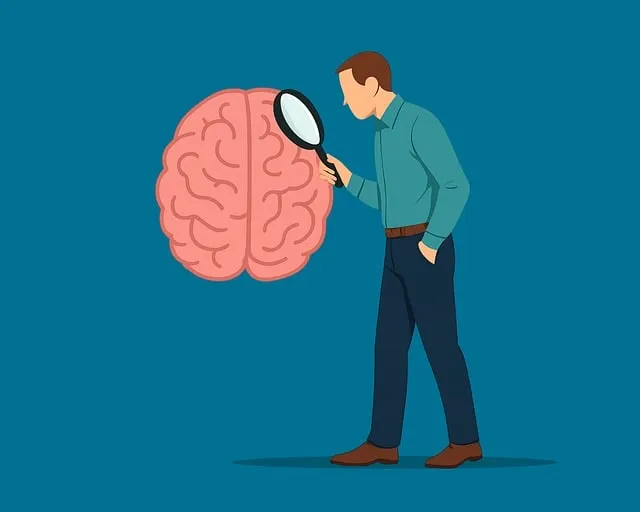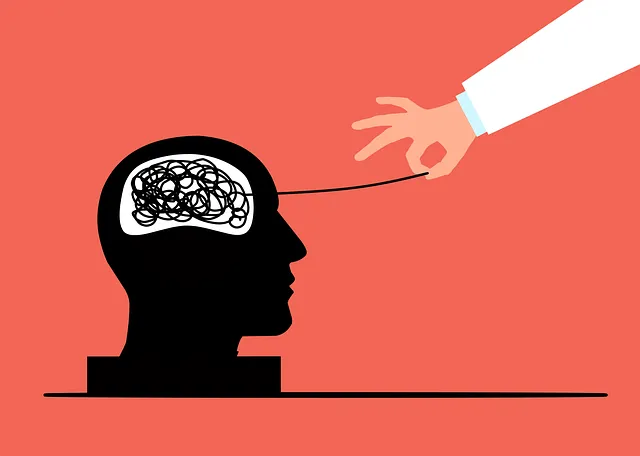Kaiser Permanente mental health services in Littleton prioritize cultural competency training to offer respectful, sensitive care for their diverse community. Through interactive workshops and role-playing, healthcare providers learn about various cultural perspectives and practices, enhancing communication skills, reducing stigma, and improving patient satisfaction and outcomes. This tailored approach ensures everyone receives culturally responsive mental health support specific to the local community.
Healthcare provider cultural competency training is more than a nicety—it’s a necessity in today’s diverse society. This article explores the critical need for such training, highlighting successful initiatives like Kaiser Permanente Littleton’s Mental Health Services and Cultural Sensitivity Program. We delve into practical strategies for effective cultural competency education in healthcare settings, emphasizing the impact on patient outcomes and provider satisfaction. By understanding and embracing cultural competency, healthcare providers can offer more inclusive, compassionate care.
- Understanding Cultural Competency in Healthcare: A Necessary Approach
- Kaiser Permanente Littleton's Mental Health Services and Cultural Sensitivity Training
- Practical Strategies for Effective Cultural Competency Training in Healthcare Settings
Understanding Cultural Competency in Healthcare: A Necessary Approach

In today’s diverse healthcare landscape, cultural competency is no longer an optional consideration but a necessary approach. This means that healthcare providers must be equipped to understand and effectively interact with patients from various cultural backgrounds and beliefs, especially in communities like Littleton where Kaiser Permanente mental health services are sought. Cultural competency goes beyond basic cross-cultural training; it involves recognizing and valuing differences in perspectives, behaviors, and communication styles, fostering an environment of respect and trust.
The integration of compassion cultivation practices and self-care practices into healthcare provider cultural competency training is crucial. By promoting mindfulness and empathy, these practices enable professionals to navigate complex interpersonal interactions with sensitivity. Ultimately, this approach enhances patient satisfaction and outcomes, ensuring that services like those provided by Kaiser Permanente in Littleton are accessible and culturally responsive to the diverse community it serves.
Kaiser Permanente Littleton's Mental Health Services and Cultural Sensitivity Training

Kaiser Permanente Littleton’s Mental Health Services and Cultural Sensitivity Training is a comprehensive program designed to enhance mental wellness among its diverse community. The initiative focuses on addressing the unique needs of individuals from various cultural backgrounds, ensuring that everyone receives culturally sensitive and effective care. Through interactive workshops and training sessions, healthcare providers gain valuable insights into different cultural perspectives, traditions, and practices related to mental health. This enables them to offer tailored support and guidance, fostering a safe and inclusive environment for all patients.
The program covers various topics, including Mental Illness Stigma Reduction Efforts, Self-Care Routine Development for Better Mental Health, and strategies to improve communication and relationships with patients from different ethnicities, religions, and socio-economic backgrounds. By participating in these training programs, healthcare professionals at Kaiser Permanente Littleton are equipped to deliver high-quality mental health services that respect individual differences and promote holistic healing.
Practical Strategies for Effective Cultural Competency Training in Healthcare Settings

Effective cultural competency training in healthcare settings involves practical strategies that go beyond theoretical knowledge. One key approach is to promote active learning through interactive workshops and role-playing scenarios, allowing providers to practice communicating sensitively across diverse cultural backgrounds. At Kaiser Permanente mental health Littleton, for instance, they organize mock patient encounters where participants can navigate complex conversations while receiving immediate feedback from trainers.
Additionally, integrating real-world case studies specific to the local community can significantly enhance training impact. Sharing and discussing experiences related to addressing mental illness stigma reduction efforts within their demographic helps providers understand the nuanced challenges and opportunities in their practice areas. This contextualized learning ensures that cultural competency becomes an integral part of healthcare delivery rather than a generic concept, fostering more inclusive and effective patient care.
Cultural competency training is a game-changer in healthcare, ensuring providers can offer sensitive and effective services to a diverse range of patients. As demonstrated by Kaiser Permanente Littleton’s Mental Health Services, this training enables professionals to navigate complex cultural landscapes, fostering inclusive care environments. By adopting practical strategies outlined in this article, healthcare settings can significantly enhance their cultural sensitivity, benefiting both staff and the communities they serve, particularly within the context of Kaiser Permanente mental health services in Littleton.






